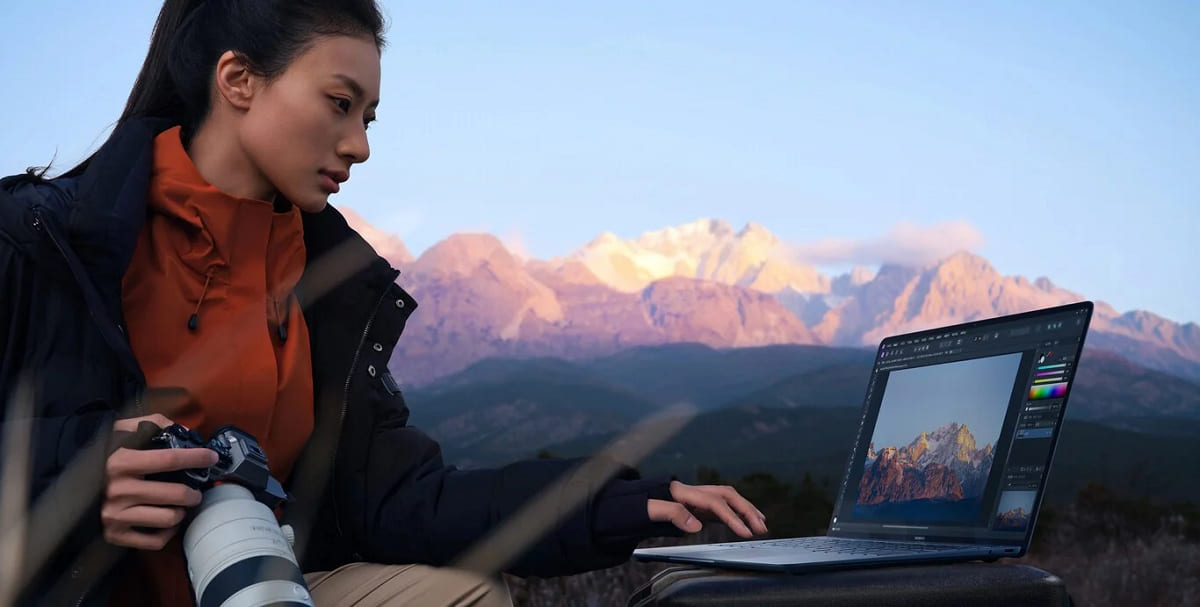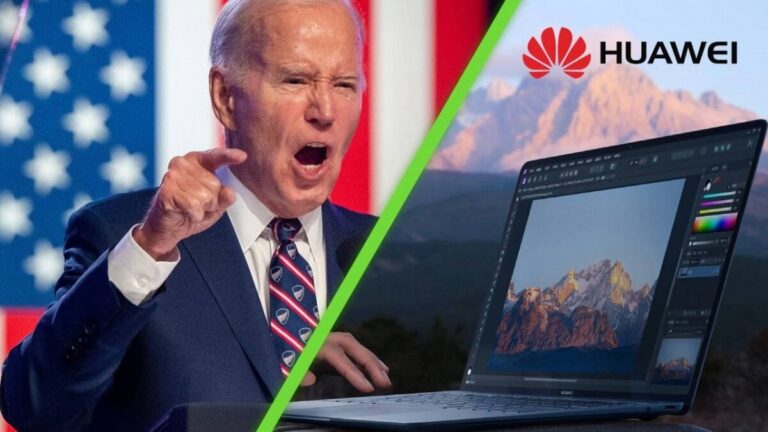In an era where technological advancements and international politics are more intertwined than ever, the recent release of Huawei’s MateBook X Pro, which runs on an Intel Core Ultra 9 processor, has stirred up a whirlwind of reactions. As a tech enthusiast and journalist, I’ve watched as the U.S.-Huawei saga has unfurled, showcasing a modern dance of innovation against the backdrop of geopolitical tensions.
The introduction of this high-end laptop comes amidst ongoing friction between the U.S. and Huawei. Since 2019, Huawei has been on a U.S. trade blacklist due to allegations of violating sanctions against Iran, making it necessary for U.S. companies like Intel to obtain special licenses to supply Huawei with essential technology. This move by Huawei has reignited a heated debate over international trade regulations and national security concerns.
The Controversy Surrounding Tech Licenses
The reaction from U.S. lawmakers, particularly Republicans, to Huawei’s new laptop has been swift and sharp. Figures like Mike Gallagher and Michael McCaul have publicly voiced their concerns, questioning the wisdom of continuing to allow American technology to reach Huawei’s hands despite stringent sanctions. This ongoing issue has placed the Biden administration under significant pressure to reconsider and possibly tighten the policies governing tech exports to companies on the blacklist.
This scenario isn’t just about laptops. Last August, Huawei’s use of an advanced chip from SMIC for its smartphone was seen as a direct challenge to U.S. efforts to curb China’s ability to produce high-end semiconductors. This kind of maneuvering by Huawei has prompted calls for a thorough reassessment of trade policies toward Chinese tech firms, reflecting the complex nature of global tech governance.
Balancing National Security and Global Tech Competition

The situation brings to light crucial questions about the balance between safeguarding national security and fostering global competition in the tech industry. As the U.S. aims to protect its interests, it must also consider the impacts on innovation and technological progress. The dynamic between Huawei and the U.S. underscores the challenges of regulating technology in an increasingly globalized world.
Despite mounting pressure on the Biden administration for decisive action against Huawei, the company continues to show its resilience and capacity for innovation. The successful launch of the MateBook X Pro stands as a testament to Huawei’s enduring presence in the global market, challenging the trade barriers it faces.
As these events unfold, U.S. policymakers are tasked with finding concrete solutions and responses. Meanwhile, Huawei presses on, asserting its market presence and navigating through the intricate web of international trade restrictions. The ongoing saga between Huawei and the U.S. is more than a mere corporate rivalry; it is a reflection of the larger, more complex narrative of tech, trade, and geopolitical strategy in today’s world.






